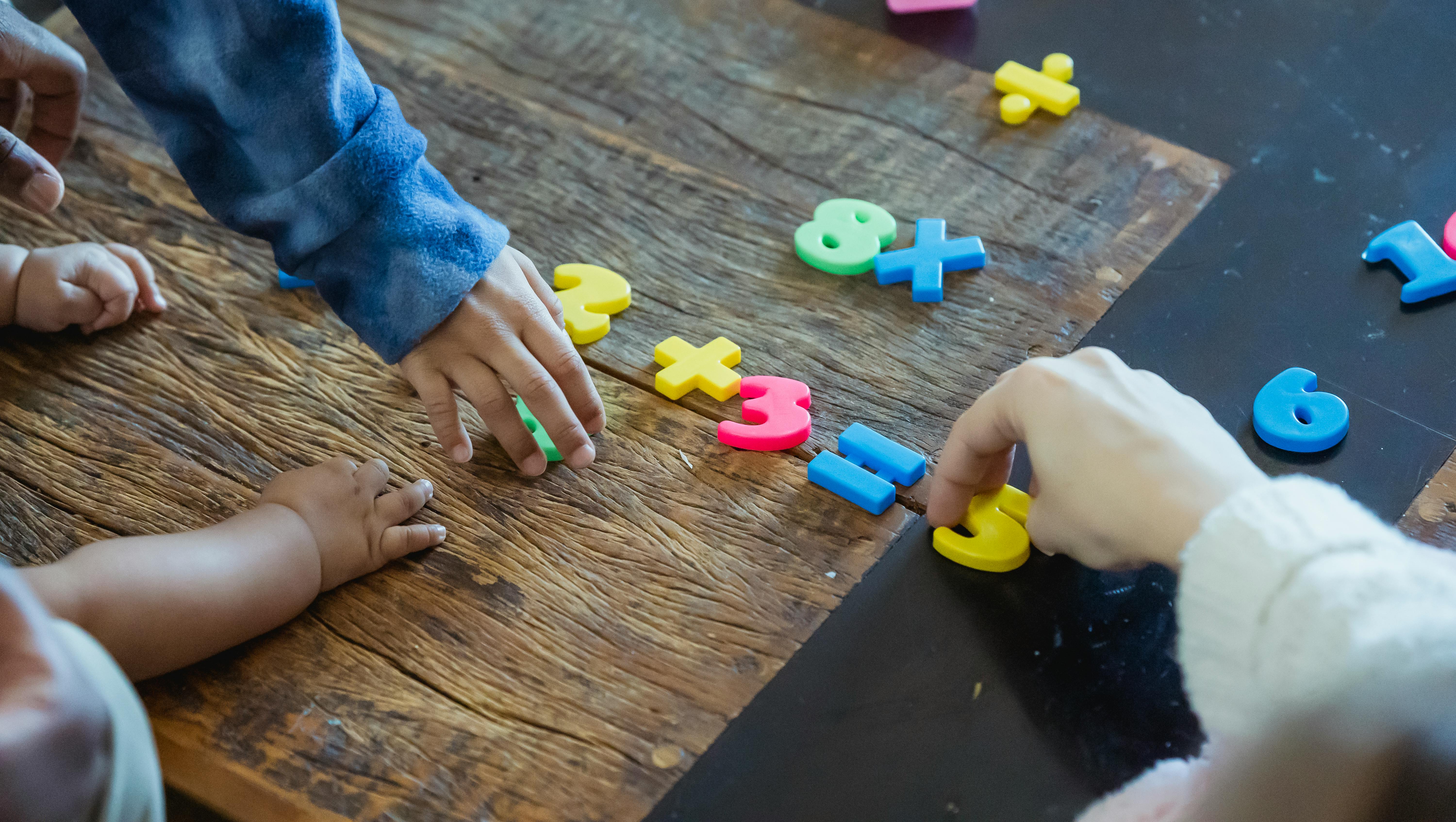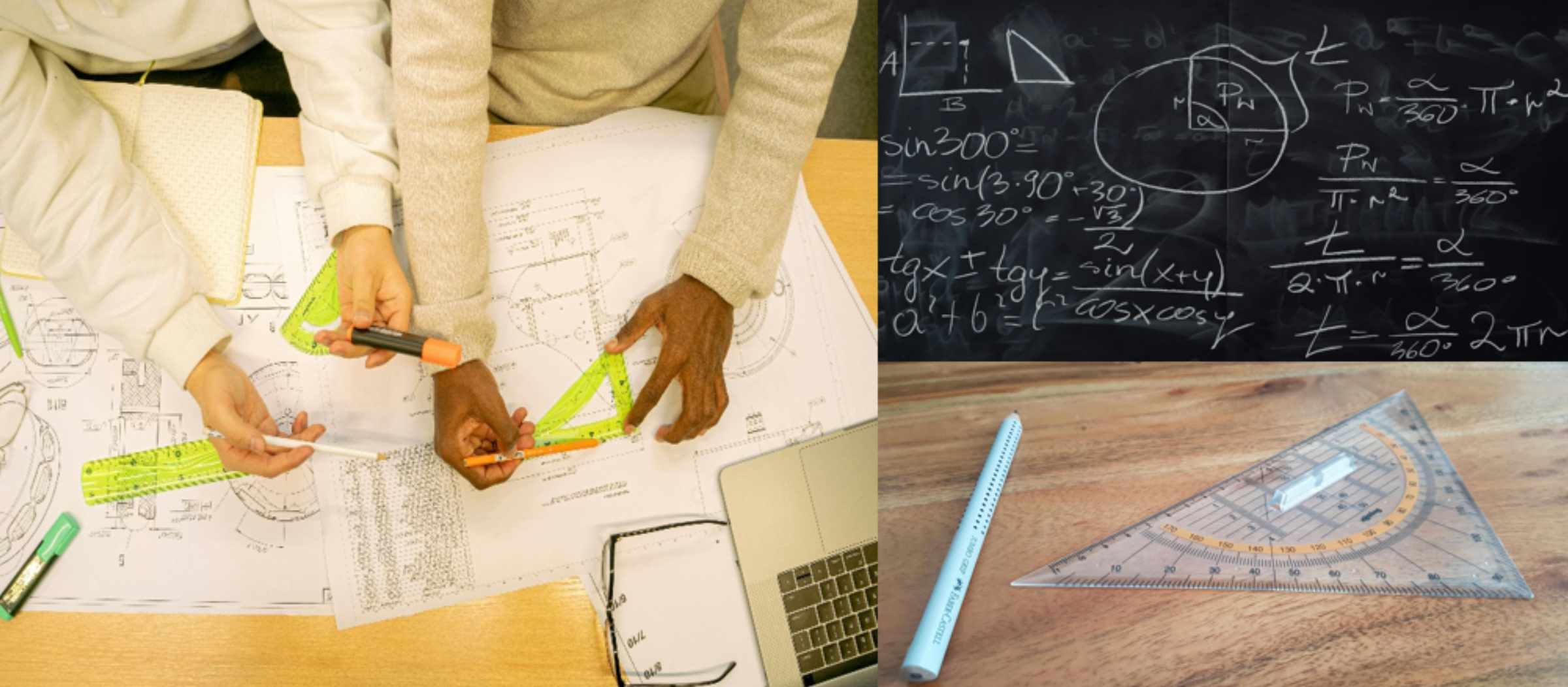Math Made Easy: Daily Habits for Lifelong Confidence

Math is a discipline. That said, improving at math doesn’t have to be a daunting task—it’s all about developing positive habits and incorporating them into your daily routine. Whether you're a student trying to improve your math skills or a parent guiding your child, these simple habits can help boost confidence, understanding, and performance in math. Developing habits that encourage curiosity, persistence, and problem-solving can make a huge difference in how students perceive and excel at math. And we here at AskMathGuru are here to help you do so. Following these baby steps will make for a giant leap in your mathematical journey.
1. Practice Math Daily (Even for 10-15 Minutes)
First and foremost, practice, practice, and more practice!! Consistency is key to getting better at math. So, set aside a short time each day to practice math problems. This could be as little as 10-15 minutes. This habit helps students build confidence and become more comfortable with math concepts over time. Whether it’s solving a few problems, using a math app, or playing math-based games, these small things will help you in the long run. But do make sure to follow this daily, remember practice makes man perfect!!
2. Review Mistakes and Learn from Them
When you practice, its natural to get a few problems wrong. But when you do get them wrong, don’t just move on to the next problem. Instead, take the time to go back, understand why you made the mistake, and figure out how to fix it. Reviewing your errors helps reinforce learning and helps you avoid repeating the same mistake in the future. Indeed, mistakes are seeds from which trees of knowledge grow.

3. Set Specific Math Goals
Setting clear, achievable math goals gives you direction and motivation. It could be mastering a particular concept, improving your speed on math drills, or solving a certain number of problems per week. Set a simple math goal and work towards it. Remember, Rome was not built in a day. Also, don’t forget to track your progress and celebrate your achievements. These simple things will keep your motivation to do better.
4. Stay Organized with Notes
Keep your math notes neat and organized. Write down important formulas, shortcuts, and step-by-step problem-solving methods. Use different colors, diagrams, and charts to make concepts clearer. Organized notes are easier to review and can act as a valuable reference during study sessions.
5. Learn and Practice a New Math Trick Each Week
There are tons of fun math tricks to make complex calculations easier. So, set a goal to learn one new math trick each week. Whether it’s tricks for multiplying by 9 or squaring numbers quickly, mastering these tricks can make math feel more enjoyable and accessible. You can always refer to the multitude of tricks here at AskMathGuru.
6. Practice With Math Games and Visual Aids to learn math
Games offer an interactive way that reinforce math concepts in a fun way. Also, some students are visual learners, and math can be much easier to understand when they can see and touch the concepts. Use visual aids like charts, graphs, and drawings. Manipulatives like blocks, number lines, or fraction circles can help students visualize problems and understand abstract concepts more clearly. Here at AskMathGuru we offer a comprehensive approach towards learning math with visual aids and simple explanations to make learning easy and fun at the same time.
7. Stay Consistent with Homework
Don’t leave math homework to the last minute. Doing it regularly and with focus will help reinforce what you’re learning in class. If you’re unsure about something, work on it consistently over a few days instead of cramming everything at once. When faced with a difficult problem, break it down into smaller, more manageable parts. Solve step by step rather than trying to solve the entire problem at once. This habit reduces anxiety and helps you see the problem more clearly.
By promoting these habits, we can create an environment where math is not just about numbers but a fun, creative, and valuable skill that students enjoy learning. With regular practice, positive reinforcement, and curiosity-driven exploration, you will be equipped to tackle any math challenge that comes their way! Remember, consistency, patience, and practice are the keys to success!


